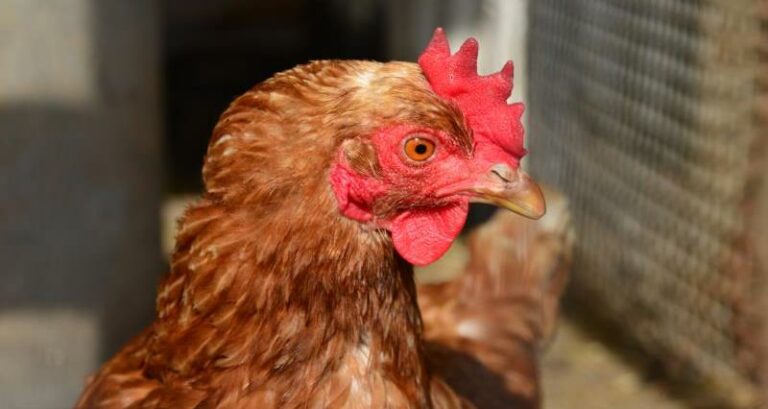New research has revealed a gap in knowledge about disease control practices in many of Scotland’s small-scale poultry keepers and egg producers.
In a survey of nearly 200 backyard poultry keepers, almost 80% did not consider themselves to be part of the Scottish poultry industry. Furthermore, their levels of understanding about biosecurity and disease risk highlight the need for better and proactive engagement on this topic.
These findings may also warrant specific consideration in the event of Avian Influenza outbreaks because, in the event of a backyard flock becoming infected with bird flu, the wider industry would be affected by import/export restrictions and potentially UK movement restrictions.
In the UK, poultry keepers with fewer than 50 birds are not required to register with official authorities and may therefore be less aware of legislation, rules and biosecurity best practices typically implemented in the commercial sector.
In a parallel survey of 79 small to medium-sized egg producers (between 50 and 32,000 laying hens), around a quarter of respondents said their poultry had never been seen by a vet, while over 80% said they kept other livestock alongside their hens – a factor which can increase the likelihood of disease transmission, and is almost double the percentage of backyard poultry keepers who confirmed they also keep other livestock.
Around 38% of respondents did not consider themselves to be part of the Scottish poultry industry which, as in the case with backyard poultry keepers, could be seen as a barrier to the uptake of best practice, health advice and disease control measures.
Carla Gomes, who led the project, said: “These results reinforce just how important it is to promote engagement with backyard and small poultry keepers. Better communication across the industry will increase the uptake of relevant information, such as awareness of disease control programmes, and therefore reduce the risk of diseases being spread.”
The research was carried out as part of the Scottish Government Rural Affairs, Food and Environment Portfolio Strategic Research Programme 2016-21.


